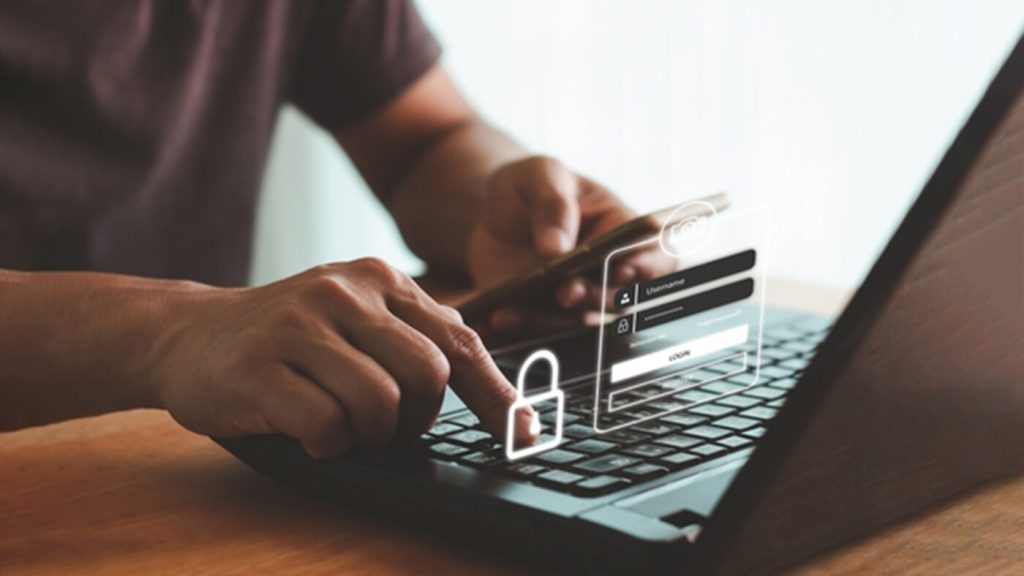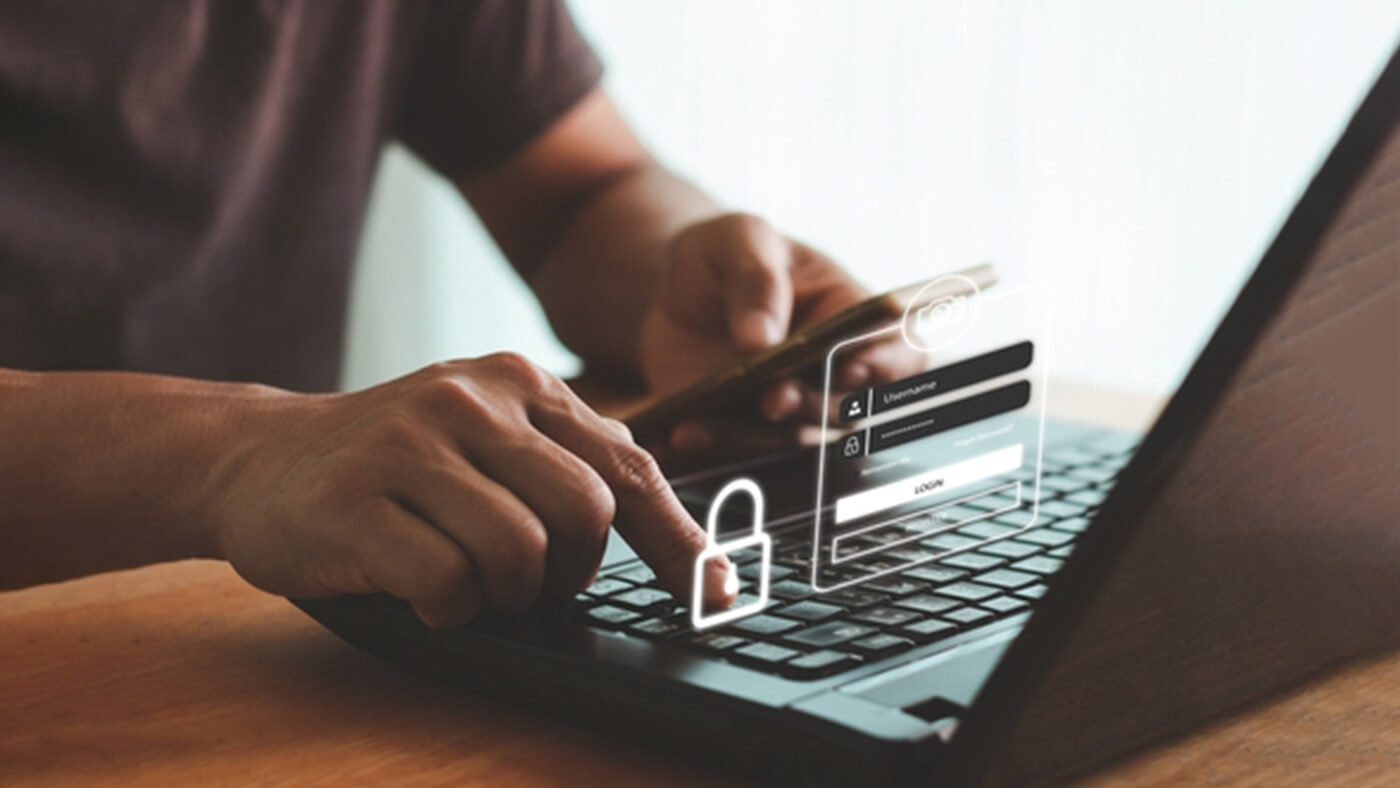As the popularity of cryptocurrencies continues to soar, ensuring the security of your digital assets becomes paramount. Cryptocurrency wallets play a crucial role in safeguarding your funds by providing secure storage and enabling seamless transactions. In this blog, we will explore the importance of cryptocurrency wallets, the different types available, and best practices for keeping your assets secure.
Understanding Cryptocurrency Wallets:
Contrary to physical wallets, cryptocurrency wallets do not store actual coins. Instead, they store the private keys that allow you to access and manage your digital assets on the blockchain. These wallets provide a secure way to store, send, and receive cryptocurrencies.
Types of Cryptocurrency Wallets:
1. Hardware Wallets:
Hardware wallets are physical devices specifically designed for storing cryptocurrencies securely. They are often shaped like USB drives and can generate and store private keys offline. Hardware wallets offer robust security measures and are considered one of the most secure wallet options available.
2. Software Wallets:
- Desktop Wallets: Desktop wallets are software applications installed on your computer. They give you control over your private keys and allow you to manage your cryptocurrencies directly from your desktop. It is essential to keep your computer and software up to date and employ security measures such as encryption and strong passwords.
- Mobile Wallets: Mobile wallets are applications installed on your smartphone or tablet. They offer convenience and allow you to manage your cryptocurrencies on the go. Similar to desktop wallets, it’s crucial to secure your mobile device with a strong password or biometric authentication and keep the wallet app updated.
- Web Wallets: Web wallets operate through web browsers and are accessible from any device with an internet connection. While they provide easy access, web wallets are considered less secure compared to hardware or software wallets because they rely on third-party servers. It is essential to choose reputable web wallet providers and enable additional security measures like two-factor authentication (2FA).
3. Paper Wallets: Paper wallets involve printing out your public and private keys on a physical piece of paper. They offer a completely offline method of storing cryptocurrencies. However, it is crucial to generate paper wallets securely and keep them in a safe and protected place. Paper wallets require caution as they can be easily damaged or lost.
Best Practices for Securing Cryptocurrency Wallets:
1. Strong Passwords: Set strong, unique passwords for your wallets, consisting of a combination of uppercase and lowercase letters, numbers, and special characters. Avoid using easily guessable information or reusing passwords across multiple platforms.
2. Two-Factor Authentication (2FA): Enable 2FA whenever possible to add an extra layer of security. 2FA requires a second verification step, such as a unique code sent to your mobile device, to access your wallet.
3. Regular Updates: Keep your wallet software, operating systems, and antivirus software up to date. Regular updates often include security patches that protect against known vulnerabilities.
4. Offline Storage: If you hold a significant amount of cryptocurrencies, consider using hardware wallets or paper wallets for offline storage. These offline methods offer the highest level of security by keeping your private keys away from online threats.

5. Backup and Recovery: Regularly back up your wallet’s private keys or recovery phrases. Store them securely in multiple locations, such as encrypted storage devices or offline backups. This practice ensures that you can recover your wallet and funds in case of theft, loss, or hardware failure.
6. Be Wary of Phishing Attempts: Be cautious of phishing attempts, where malicious actors impersonate legitimate websites or wallets to steal your private keys. Always double-check URLs, use bookmarked links, and never enter your private keys or recovery phrases on untrusted websites.
7. Verify Wallet Authenticity: Before using a wallet, verify its authenticity by downloading it from the official website or trusted app stores. Be wary of counterfeit wallets or malicious applications that may compromise the security of your funds.
8. Educate Yourself: Stay informed about the latest security practices, threats, and developments in the cryptocurrency space. Stay up to date with news and community forums to understand potential risks and best practices for securing your digital assets.
Cryptocurrency wallets are essential tools for securely storing and managing your digital assets. Whether you opt for hardware wallets, software wallets, or paper wallets, following best practices and implementing robust security measures is crucial to keeping your funds safe. Strong passwords, 2FA, regular updates, offline storage, backups, and awareness of potential threats are essential steps to protect your cryptocurrency investments. By prioritizing security, you can have peace of mind knowing that your assets are well-protected in the dynamic and exciting world of cryptocurrencies


















